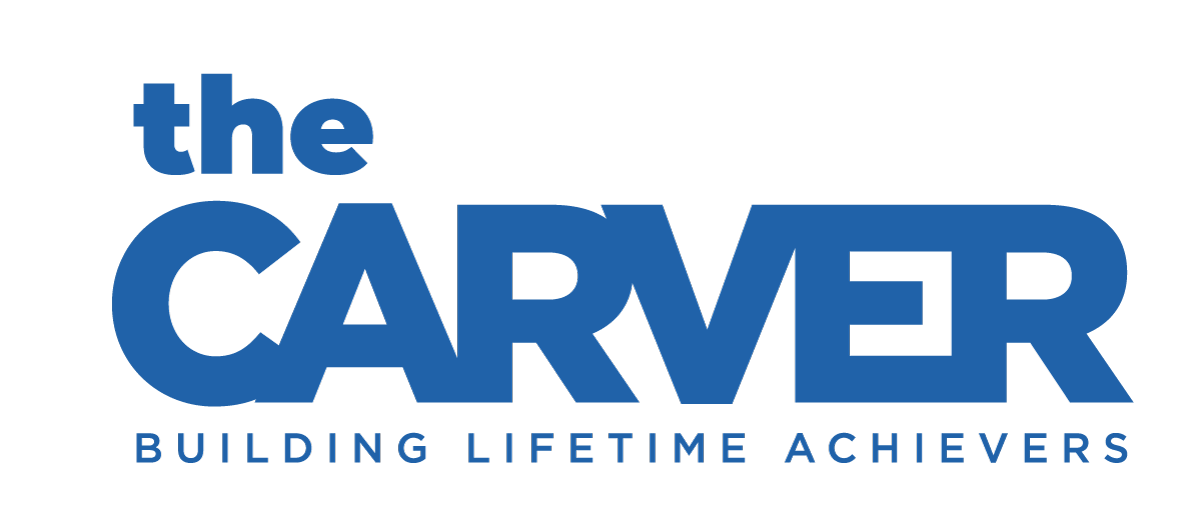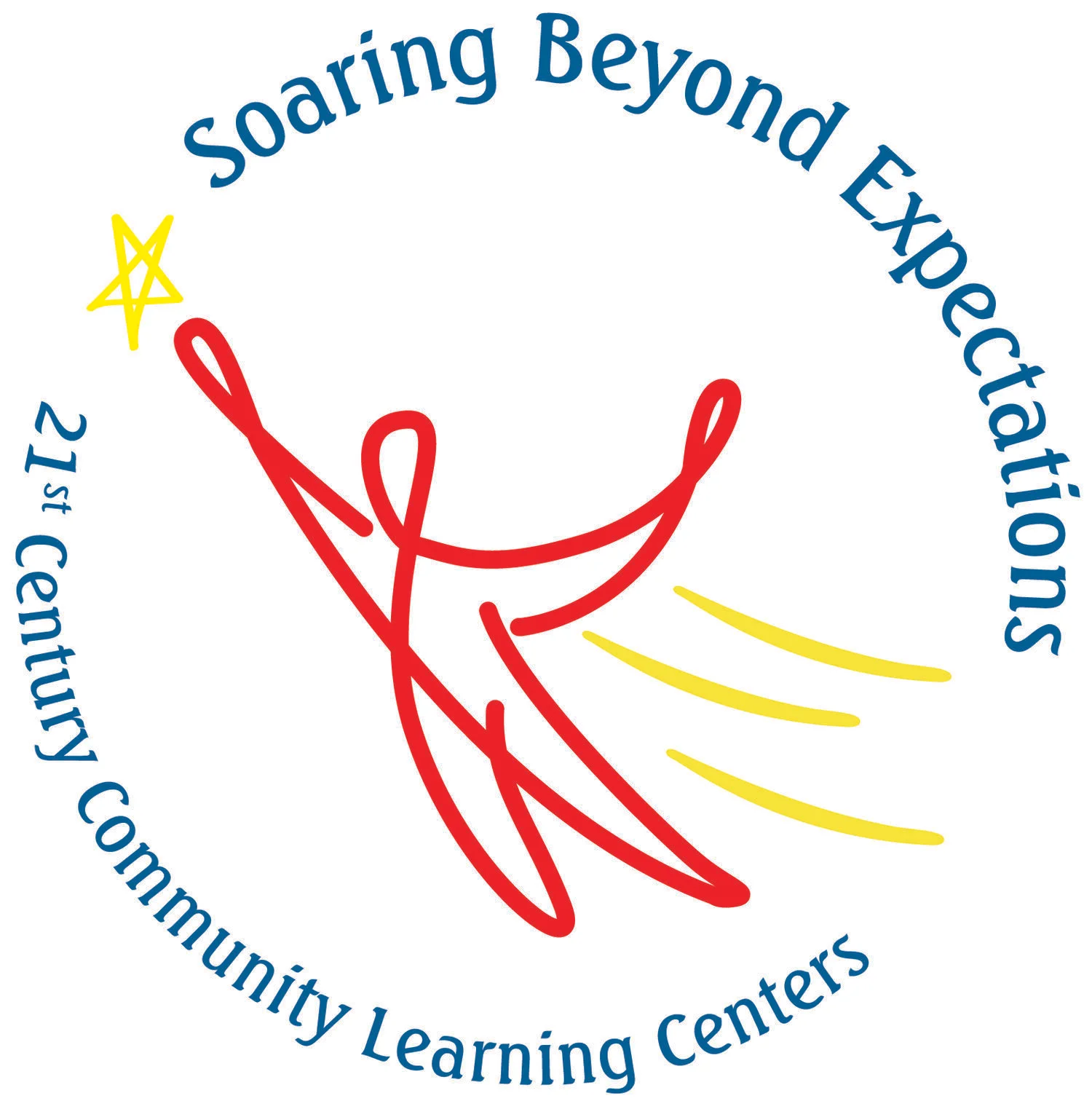Thanks to the Lowey 21st Century Community Learning Centers (21st CCLC) initiative, Carver has been able to offer a special after-school program to introduce 5th graders to Middle School expectations. All the students are assigned to a homeroom which they attend directly after the dismissal bell at 3:25 PM. Students then have a few minutes to eat a healthy snack and get ready for the Carver experience. Study hall and homework help are first. Certified teachers and assistants are available to help and in certain cases, students help each other.
The 21st CCLC initiative is the only federal funding source dedicated exclusively to supporting local afterschool, before-school, and summer learning programs. The program serves nearly 2 million youth, nationwide through grants awarded by state education agencies. This funding awarded to Carver by the Connecticut State Department of Education through a very competitive grant process provides for academic enrichment activities that help students meet state and local achievement standards. Carver is also able to offer a broad array of additional enrichment services designed to reinforce and complement the regular academic program, such as STEM programs, and physical activity and nutrition education programs. Carver also offers literacy and related educational development services to the families of children we serve.
Not only are the 5th-grade scholars developing good study habits, they are also exploring and challenging their abilities in an elective enrichment class 4 times a week. Students are breaking barriers by facing their fears, completing challenges, enhancing skills, and building teamwork abilities. The students make presentations on all of their hard work later in the school year.
These academic and enrichment experiences complement what the students are learning during the day in class. The courses are presented in a different way from the regular classroom setting.
When transitioning to middle school, concerns arise regarding procedural changes. Students are worried about being thrown into an environment of independence and responsibility—an environment significantly different from any educational experience known to date. They are expected to get to and from classes on their own, manage time wisely, use a locker, organize and keep up with materials for multiple classes, be responsible for all classwork and homework from multiple teachers, and at the same time develop and maintain a social life.
Although young adolescents seem to cry out for independence, they also need protection, security, and structure. Expectations are difficult to meet if expectations are unknown. The new procedures and rules are a major concern for upcoming fifth graders who are in the process of transitioning to sixth grade. These major and small details make an impact on young adolescents’ social, emotional, and academic experiences.




